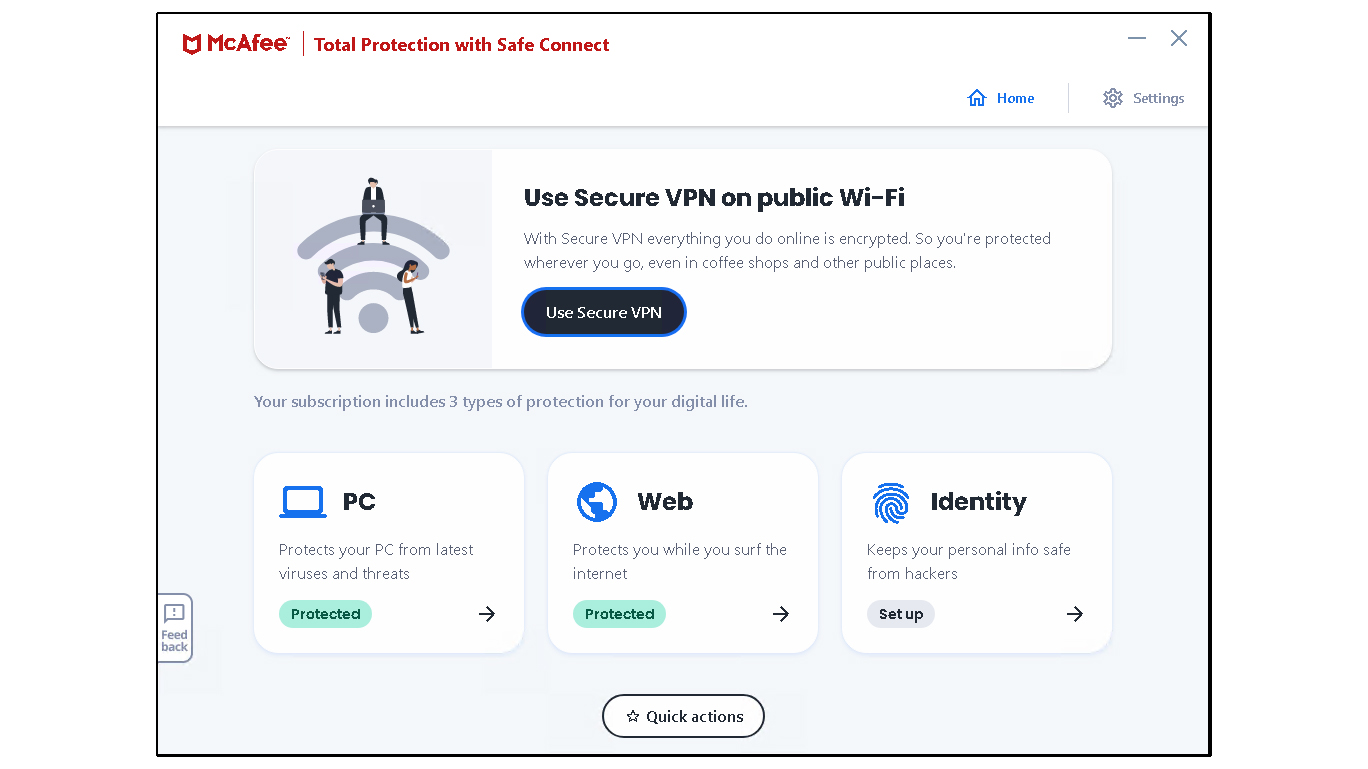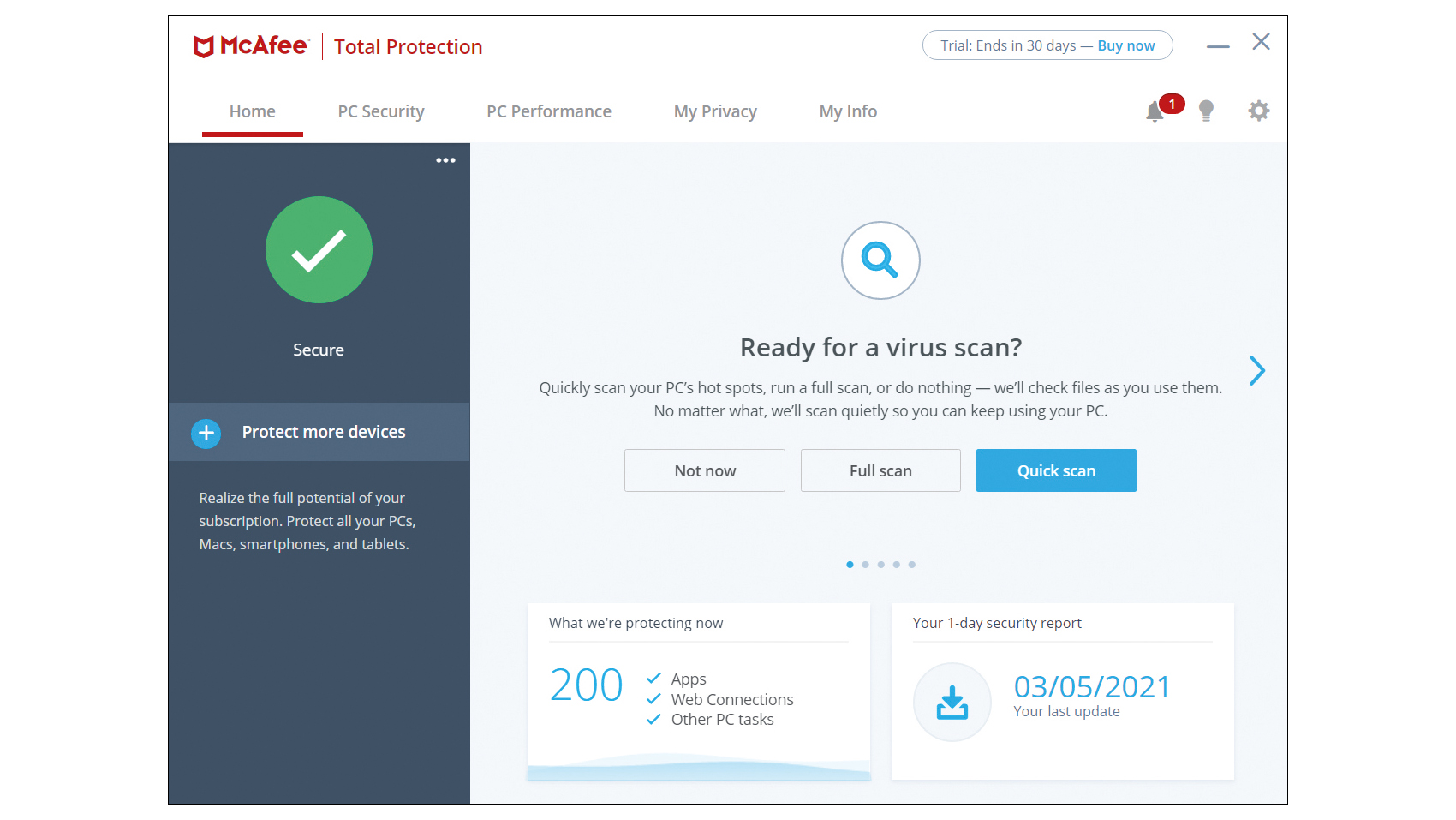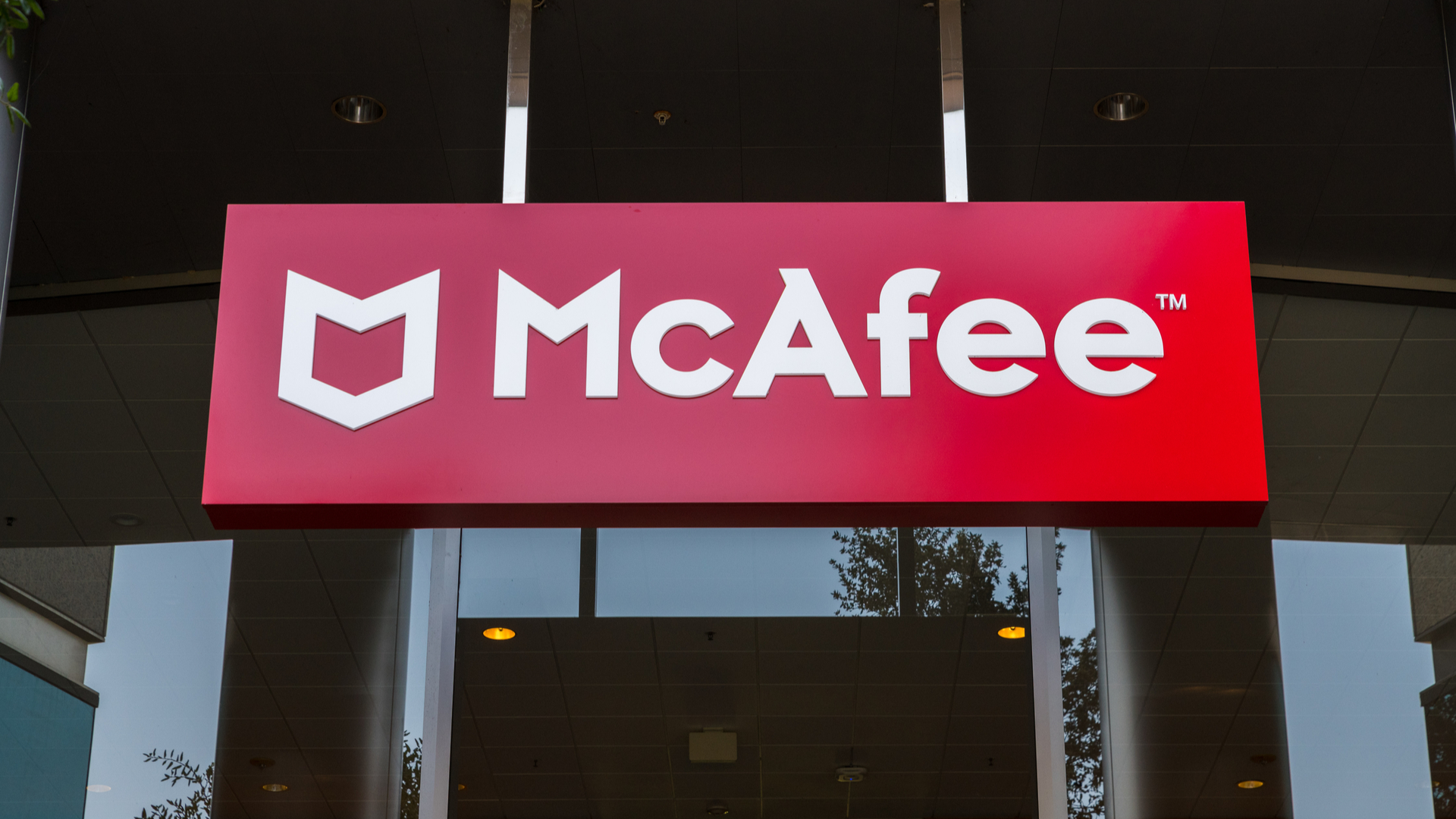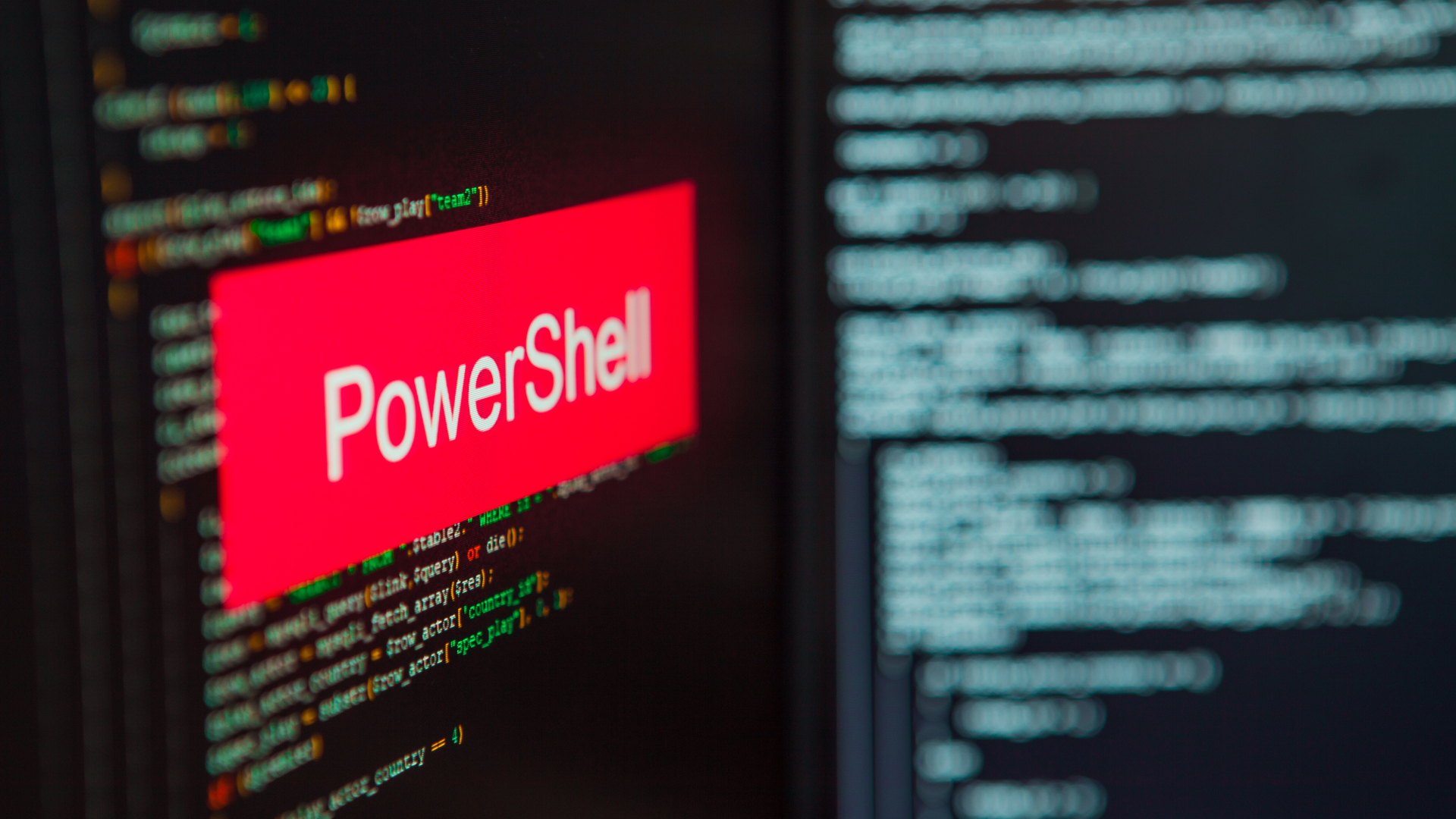Is the security industry lying about malware protection?
Chief executive of M86 Security says every other security company bar his is misleading consumers about the malware protection they offer.


Security companies are lying about the amount of malware they can block, misleading IT departments across the world.
That was the claim of M86 Security chief executive (CEO) John Vigouroux, who told IT Pro every other security vendor was fibbing when they said they blocked 99 per cent of malware, or thereabouts.
All those security companies, including big players like Symantec and McAfee, can only block known malware which they have recorded on their databases, not truly new zero-day threats, Vigouroux said.
Essentially, the signature system used by almost every security company in the world to detect malware is inherently flawed, he suggested.
Given the significant rise in malware creation, on top of the fact 92 per cent of malware is downloaded just from going to websites in drive-by attacks, this is a serious problem, the CEO explained.
"The security industry has done a miserable job of defending the world against malware," Vigouroux said, claiming the best legacy systems are only stopping 40 per cent of threats.
What is needed is a system that is not always one step behind cyber criminals, and this is where M86 comes in, according to the CEO.
Get the ITPro daily newsletter
Sign up today and you will receive a free copy of our Future Focus 2025 report - the leading guidance on AI, cybersecurity and other IT challenges as per 700+ senior executives
M86's offerings look at the code going through businesses' web-based transactions and, using complex algorithms, detect suspicious activity. Therefore, no database is needed and new threats are, in theory, blocked.
"We look at new stuff and that's why our business is booming," he said.
"Others are not doing anything for the new malware problem. They should be saying they are 99 per cent sure of protecting against known malware but the industry doesn't want to recognise the problem."
At the time of publication, neither of the world's top two security companies, Symantec and McAfee, had offered a response to Vigouroux's claims.
Tom Brewster is currently an associate editor at Forbes and an award-winning journalist who covers cyber security, surveillance, and privacy. Starting his career at ITPro as a staff writer and working up to a senior staff writer role, Tom has been covering the tech industry for more than ten years and is considered one of the leading journalists in his specialism.
He is a proud alum of the University of Sheffield where he secured an undergraduate degree in English Literature before undertaking a certification from General Assembly in web development.
-
 Should AI PCs be part of your next hardware refresh?
Should AI PCs be part of your next hardware refresh?AI PCs are fast becoming a business staple and a surefire way to future-proof your business
By Bobby Hellard Published
-
 Westcon-Comstor and Vectra AI launch brace of new channel initiatives
Westcon-Comstor and Vectra AI launch brace of new channel initiativesNews Westcon-Comstor and Vectra AI have announced the launch of two new channel growth initiatives focused on the managed security service provider (MSSP) space and AWS Marketplace.
By Daniel Todd Published
-
 McAfee and Visa offer 50% off antivirus subscriptions for small businesses
McAfee and Visa offer 50% off antivirus subscriptions for small businessesNews UK Visa Classic Business card holders can access the deal starting today
By Zach Marzouk Published
-
 McAfee Total Protection review: Expensive at full price
McAfee Total Protection review: Expensive at full priceReviews Protects your PC and includes a decent firewall, but costly and less effective than some rivals
By K.G. Orphanides Published
-
 McAfee Total Protection review: Quick, effective and affordable
McAfee Total Protection review: Quick, effective and affordableReviews A solid security choice, with perfect malware protection, a fully functional VPN and more
By ITPro Published
-
 McAfee’s zero trust solution strengthens private applications’ security
McAfee’s zero trust solution strengthens private applications’ securityNews MVISION Private Access grants secure access to private resources from any device or location
By Praharsha Anand Published
-
 PowerShell threats increased over 200% last year
PowerShell threats increased over 200% last yearNews A new McAfee report finds PowerShell attacks driven largely by Donoff malware.
By Rene Millman Published
-
 McAfee to sell enterprise business to STG for £2.8 billion
McAfee to sell enterprise business to STG for £2.8 billionNews The enterprise business will be rebranded, with McAfee focusing on personal security
By Daniel Todd Published
-
 Has the US government finally nabbed John McAfee?
Has the US government finally nabbed John McAfee?News Official Twitter account claims notorious tech tycoon has been “detained by authorities”
By Adam Shepherd Published
-
 John McAfee ordered to pay $25 million over neighbour's murder
John McAfee ordered to pay $25 million over neighbour's murderNews Controversial figure insists that he will not pay
By Adam Shepherd Published